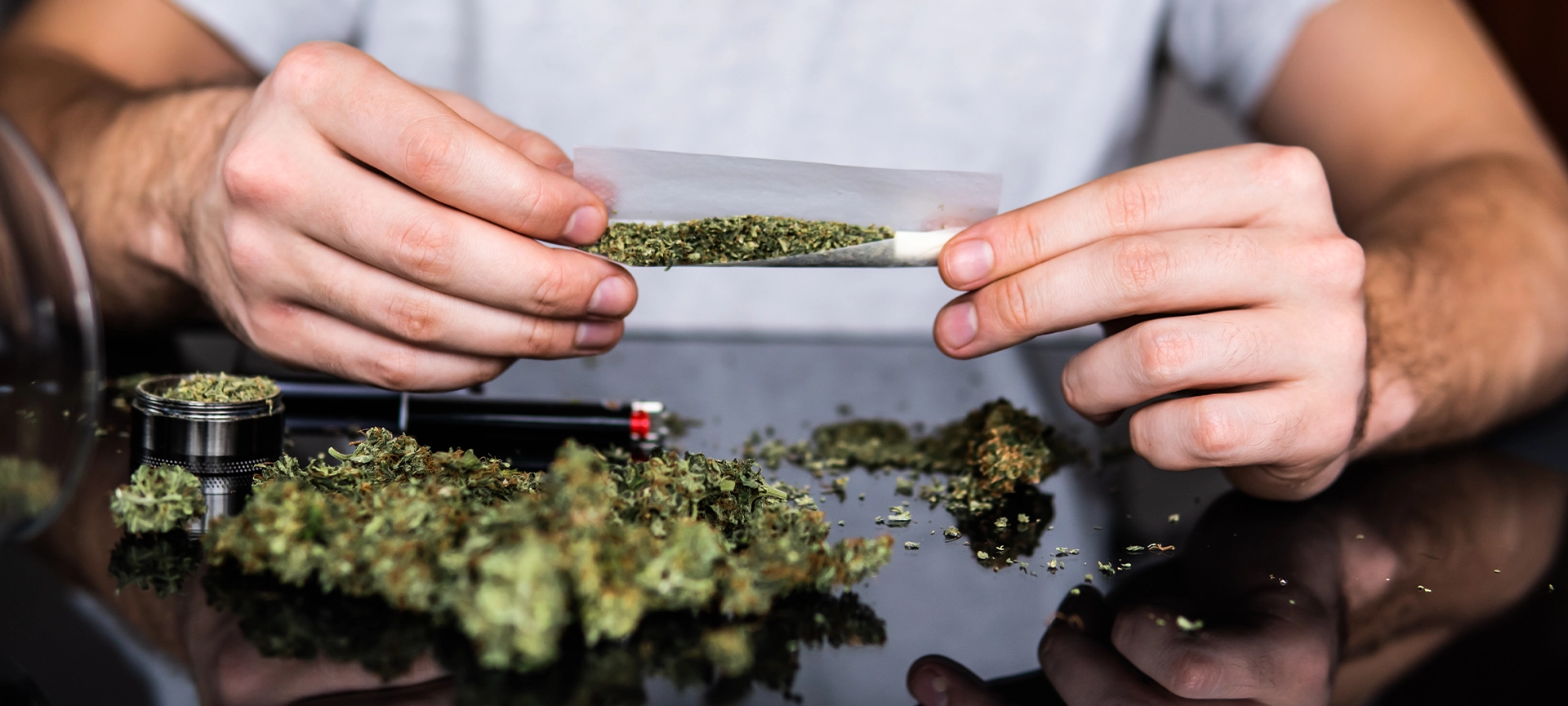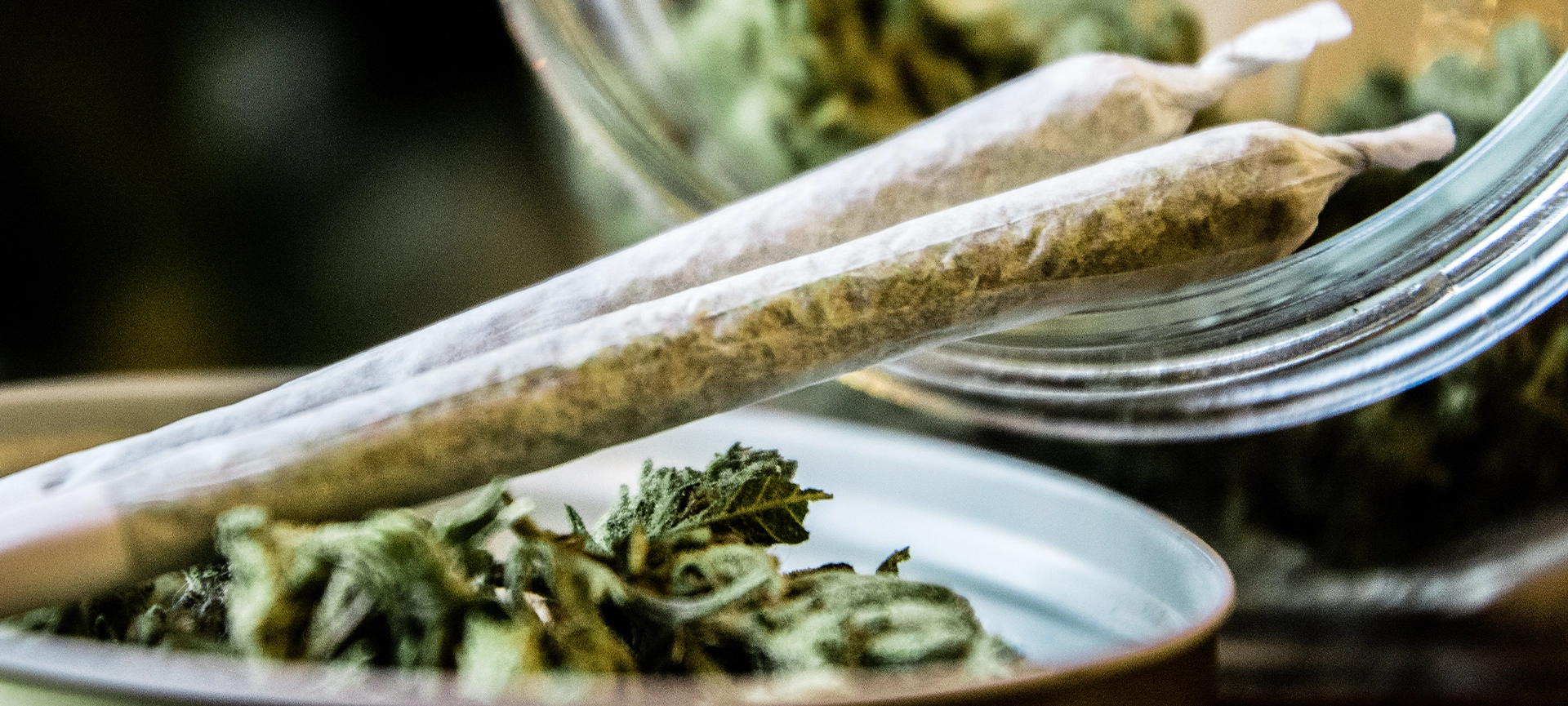With the growing acceptance and legalization of cannabis across Canada, its use has become increasingly common. While many enjoy the recreational and potential therapeutic benefits of weed, it’s important to be aware that quitting regular cannabis use can lead to withdrawal symptoms.
If you’re considering quitting or have recently stopped using cannabis, you might be wondering what to expect. How long do these withdrawal symptoms last? What can you do to manage them?
This guide aims to answer these questions and provide a clear understanding of the cannabis withdrawal process. We’ll discuss the typical timeline and common symptoms and offer practical tips for managing this challenging but temporary phase.
What Is Weed Withdrawal?
When you regularly use cannabis, your body and brain become accustomed to the presence of THC (tetrahydrocannabinol), the main psychoactive compound in weed. THC interacts with the brain’s endocannabinoid system, which affects mood, appetite, sleep, and memory.
Over time, regular cannabis use can lead to dependence, where your body adapts to the constant presence of THC. When you stop using cannabis abruptly, your brain and body need time to readjust to functioning without THC. This readjustment period is what we call withdrawal.
During withdrawal, your body reacts to the absence of THC by producing a range of physical and psychological symptoms. These symptoms indicate that your body is working to restore its natural balance and can vary in intensity and duration depending on several factors, which we’ll discuss further.
Common Weed Withdrawal Symptoms
Weed withdrawal can manifest in many ways, affecting the body and mind. While not everyone experiences the same symptoms, some of the most common ones include the following.
Psychological Symptoms
Irritability and Mood Swings: You might feel more easily frustrated, agitated, or have sudden mood changes.
Anxiety: Feelings of worry, nervousness, or even panic attacks can occur.
Difficulty Sleeping: Insomnia or disrupted sleep patterns are common complaints during withdrawal.
Depression: Low mood, sadness, or a loss of interest in activities you once enjoyed may arise.
Difficulty Concentrating: Focusing on tasks or remembering things might become more challenging.
Related Article: Understanding and Overcoming Sleep Disturbances During Weed Withdrawal

Physical Symptoms
- Headaches: These can range from mild to severe and may be accompanied by dizziness.
- Appetite Changes: You may experience a decrease in appetite or, in some cases, an increase.
- Stomach Issues: Nausea, vomiting, or stomach pain can occur.
- Chills or Sweating: Flu-like symptoms, such as chills and sweating, are common.
- Tremors: Some individuals may experience shakiness or tremors in their hands.
Everyone’s experience with weed withdrawal is unique. The intensity and duration of symptoms can vary depending on several factors, including how often and how much cannabis you use, your overall health, and individual differences in how your body reacts.
Related Article: The Role of Nutrition in Supporting Your Body Through Weed Withdrawal
Timeline of Weed Withdrawal
The timeline of weed withdrawal can vary from person to person, but there’s a general pattern most people experience.
Early Stage (1-3 days)
Withdrawal symptoms usually begin within the first few days after quitting. These initial symptoms may be mild, including irritability, anxiety, restlessness, and difficulty sleeping.
Peak Phase (2-6 days)
Symptoms typically peak in intensity during this phase. You may experience more intense mood swings, sleep disturbances, decreased appetite, and physical discomforts like headaches or stomach upset.
Acute Withdrawal (1-2 weeks)
This is the most challenging phase, where the majority of withdrawal symptoms are felt. The good news is that the acute phase typically lasts one to two weeks for most people.
Gradual Improvement (Weeks to Months)
After the acute phase, most physical symptoms start to subside. However, some psychological symptoms like mood swings, irritability, and difficulty sleeping may linger for several weeks or even months. This is sometimes referred to as Post-Acute Withdrawal Syndrome (PAWS), which can be particularly challenging for individuals with a history of heavy or prolonged cannabis use.
Withdrawal from weed’s duration and intensity can vary significantly depending on individual factors, such as frequency and amount of cannabis use, overall health, and co-occurring mental health conditions.

Factors Affecting Weed Withdrawal
While the general timeline of weed withdrawal provides a helpful framework, it’s important to understand that several factors can influence the duration and intensity of your experience.
Frequency and Amount of Use
The more frequently and heavily you’ve used cannabis, the more likely you are to experience a longer and more intense withdrawal. This is because your body has become more accustomed to higher levels of THC, and it takes longer to adjust to its absence.
Individual Factors
Everyone’s body is different, and your individual metabolism determines how quickly your body eliminates THC. Additionally, your overall health and genetics can influence how you experience withdrawal symptoms. Some people naturally metabolize THC faster than others, leading to a shorter withdrawal period.
Co-occurring Mental Health Conditions
If you have pre-existing mental health conditions like anxiety or depression, you might experience more severe or prolonged withdrawal symptoms. This is because cannabis can sometimes mask underlying mental health issues. And when you stop using it, these issues may resurface or intensify.
Be aware of these factors to have realistic expectations about your withdrawal experience. If you’re concerned about the potential duration or severity of your withdrawal, seeking professional guidance from Addiction Rehab Toronto can provide personalized support and treatment options tailored to your individual needs.
Tips for Managing Weed Withdrawal
While weed withdrawal can be uncomfortable, there are strategies to help you manage the symptoms and make the process smoother:
Practical Tips for Coping
- Prioritize sleep – Establish a consistent sleep schedule, create a relaxing bedtime routine, and ensure your bedroom is dark, quiet, and cool. If sleep difficulties persist, talk to your doctor about potential sleep aids.
- Manage anxiety and stress – Practice relaxation techniques like deep breathing, meditation, yoga, or mindfulness exercises. Engage in activities you enjoy to distract yourself from cravings and anxious thoughts.
- Nourish your body – Even if your appetite is low, try to eat regular, balanced meals to keep your energy levels up. Focus on healthy foods like fruits, vegetables, and whole grains, and stay hydrated by drinking plenty of water.
- Over-the-counter relief – If you’re experiencing headaches or body aches, over-the-counter pain relievers like ibuprofen or acetaminophen can offer temporary relief. Consult with your doctor or pharmacist to ensure they are safe for you.
When to Seek Professional Help
While many people can manage weed withdrawal on their own, some may experience more severe or prolonged symptoms. Consider seeking professional help if you experience:
- Severe anxiety or panic attacks
- Depression or suicidal thoughts
- Significant sleep disturbances
- Physical symptoms that are severe or don’t improve
- Difficulty coping with withdrawal
At Addiction Rehab Toronto, we offer a range of personalized treatment options, including:
- Medical detox
- Individual and group therapy
- Medication-assisted treatment (if appropriate)
- Aftercare planning
Seeking professional help is a sign of strength, and it can make all the difference in your journey towards a healthier, happier life.

Your Journey to a Healthier, Weed-Free Life
While the road to recovery from cannabis addiction may seem challenging, remember that withdrawal from is a temporary phase. With patience, self-care, and the right support, you can successfully go through this period and emerge stronger on the other side.
Prioritize your well-being by adopting healthy habits, seeking support from loved ones, and considering professional guidance when needed. Remember, there’s no shame in asking for help.
At Addiction Rehab Toronto, we understand the unique challenges of weed withdrawal. Our compassionate team of professionals is here to provide personalized support and evidence-based treatment options to help you achieve lasting recovery.
Don’t hesitate to reach out to us for a confidential consultation and take the first step towards a healthier, weed-free life.







